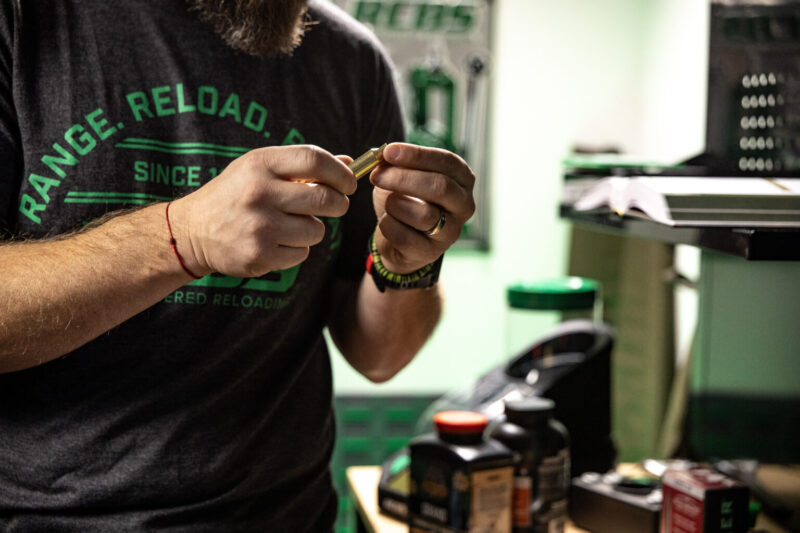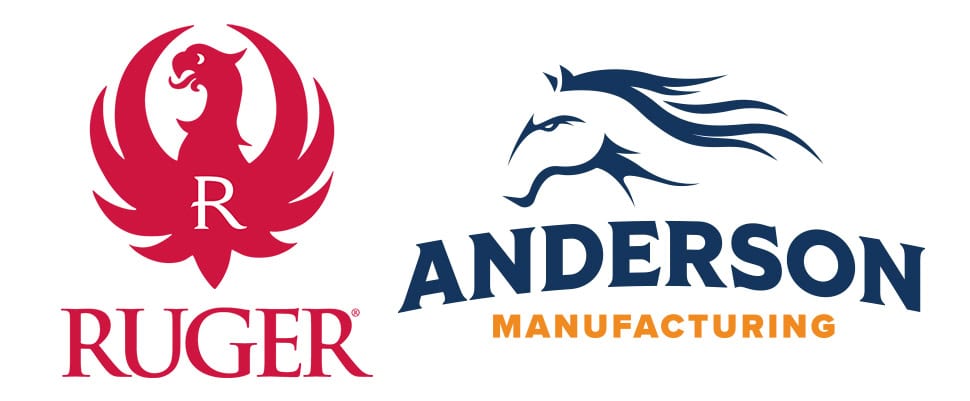Loyalty Is Not For Sale:
It's Earned
As the saying goes, “employees don’t leave their job, they leave their manager.” You might beg to differ when it comes to your own employees, but think back to every job you left. What (or who) was the deciding factor?
Because loyalty isn’t something you can buy — though some managers make an attempt to — it’s still often treated like a luxury that can’t be afforded. But for managers who understand what it takes to run a thriving team, earning loyalty is something they can’t do without.
In an earlier post, we discussed how the success of your business equally depends on the happiness of your customers and employees, who we nicknamed “the other customer.” We explored the importance of emotionally and mentally engaging your staff in the way that you train, treat, and reward them — the goal being to encourage employee loyalty, because, after all, your profits are tied to their performance.
To better understand how business owners earn loyalty from their staff, I reached out to a few online forums playing host to gun enthusiasts across the country. I heard from a mix of managers, retail employees and retired law enforcement. They responded with their experiences in the workplace — both the good and the bad.
As I read their stories, I noticed three repeating factors that played a role in fostering loyalty: employers who cared about their employees as people, properly trained their staff and recognized (read: rewarded) good work.
Promote Loyalty From The Top
Richard, a dedicated manager who successfully operates a TripAdvisor top-10 ranked hotel and restaurant in Grand Junction, Colo., earned the loyalty of his 30-person staff with his “in-the-trenches” style of leadership. Richard is willing to lend a hand bussing tables, making beds and manning the front desk when necessary to show his staff he’s invested in their success.
In addition, Richard has allowed a few financially strapped staff members to live in the hotel temporarily until they could find permanent housing, setting them up with a tab and deducting small payments from their paychecks. When it’s been a particularly hard day, Richard treats the team to $75 worth of pizza — “A small price to pay to show people that you care,” he says. “If you’re talking about three or four people in a gun store, one large pizza is a lot of good will.” His gesture is more valuable than the cost of the pizza.
Richard’s leadership has proven to be successful. TripAdvisor reviewers praise the hotel’s service, describing his staff as friendly, pleasant, helpful and wonderful. Because Richard understands that “good employees are worth their weight in gold,” he makes substantial investments into their training and personal lives, and has won their loyalty as a result.
Roger, who works for a 50-year-old, family-owned company of over 2,000 employees in Mississippi, credits his loyalty to the owner’s leadership style — which he calls “manage by walking.” Every month, the owner strolls the floors of the building, visiting with Roger and his co-workers.
“With over 2,000 employees, he’ll still remember your kid’s names and ask about them and how they’re doing,” Roger marvels. “He never talks about business during these walks; saving that for specific business visits.”
In 50 years, the owner has never had a lay-off and is cautious when it comes to filling open positions, considering how that person will fit in with his team. Roger says, “That tends to mean we’re slightly understaffed, but everyone knows once you’re hired, you have a job for life if you so choose.”
Relationships Are Key
Proud Texan, Donald, remembers the day a local gun store lost his business. He was about to buy a revolver when a Ruger expert showing him the firearm placed it back in the case mid-sale while Donald had turned away momentarily.
Surprised, Donald asked the man, “Are we through here?” The unperceptive salesman replied, “I guess so,” losing himself the sale. Donald promptly left the store and purchased the same revolver elsewhere.
In contrast, Donald’s relationship with Steve, a salesman at his local pawnshop, is drastically different. Steve knows Donald by name, has memorized which firearms he prefers, and occasionally calls when a gun arrives that might interest Donald. If Steve is out to lunch, Donald waits until he returns. Steve is the only person he’ll do business with at the shop. That’s because he’s willing to pay for Steve’s level of customer service and salesmanship. He’s earned both Donald’s business and his loyalty, in the process.
Richard, Roger and Donald have been on both ends of the counter. They know what it means to be loyal to an employer and also what is means to earn the loyalty of an employee. If you’re unsure where your employees stand, it might be helpful to start a conversion, maybe over a slice of pizza — your treat.
Although you can’t buy loyalty, your employees can tell when you’re genuinely invested in them. Join the discussion about employee loyalty, by emailing editor@shootingindustry.com.





